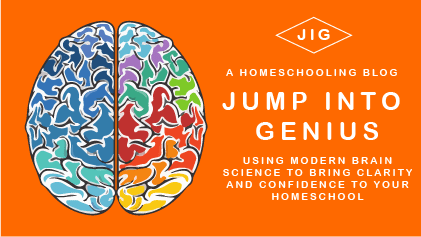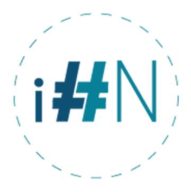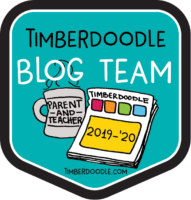A list of resources and reasons
How to Homeschool Kindergarten Science with Real Books:
- Get a list of great books.
- Head to the Library or Thriftbooks…or Amazon if you like.
- Read a book a day.
- Add some fun experiments/demonstrations.
- Get your kid outside.
- Encourage observation by asking your child questions.
So, let’s get right to it, in this post I will give you some book idea’s to start with and talk about why I don’t just ignore the topic of science with my young children and also why I don’t buy a boxed science curriculum or textbooks/workbooks.
Kids this age love exploring their world and they have a million questions about the world and how it works. They are curious. This is why I don’t ignore science. Exposing them to science broadens their understanding of the world and that keeps them curious.
I browsed a lot of textbooks/workbooks and boxed curriculum’s at homeschool conferences when my oldest child (now 15) was young. Every time I picked up a science resource I wanted to throw up. It was all so much drivel. In addition to covering topics he already knew, like what a seed is and what happens when you stick it in dirt, there was a lot of talking-down.
And boringness. Did I want to torture my kids? Or keep them in awe of the world we live in? Visiting homeschool conferences did one great thing for me…it greatly shortened the list of ‘curriculum’ I wanted!
Many people feel very strongly that there should be no outright teaching for kids this age, others are not comfortable with that idea, or can just have a strong sense that their kids are ready for more.
After reading many books and listenting to many conversations over this argument of ‘when’ to start schooling I drew and important conclustion.
It doesn’t matter when as much as it matters how. The people who felt they had failed because they tried to do too much when their child was 5, were not doing the right things in the right way. Putting a bunch of boring work in front of your 5-year-old and asking them to sit still at a table for hours filling in workbooks will kill their curiosity like nothing else.
But just because that is true does not mean you just have to let them loose to roam the house all day. You can teach many things through books and play, and that is all you need to do for science at this age.
Not only is it all you need to do, but your child will know much more at the end of
Let me start with a book that will help guide you in how to play with your child while covering science concepts. Janice VanCleave’s Big Book of Play and Find Out Science Projects. She has lots of books that are great for older kids, but this is geared towards younger kids.
Now, to books that are great for reading out loud with your kids.
I love finding books that incorporate stories into science, but sometimes straight-up nonfiction can be just as engaging if it is well written and includes great pictures. So the following list is a mish-mash of both types.
Another great resource for this age group are science activity kits. I think you can get just about any of these for this age group, sometimes the teaching within the kit is not great, but you can easily remedy that with a few good books to read alongside the kit activities.
Spending time outside is important for your child’s development, but from a scientific
I know a lot of people are big proponents of nature journaling, but I found that more suitable for older children, of
Asking your kindergartner questions encourages their observation and attention. You can also play ‘treasure hunting’ type games outside to encourage them to observe the details of the world around them.
I hope I have encouraged you that you can include science without it being overwhelming either you or your child.
Do you have other science series or books you love? Share in the comments.
P.S. I almost forgot one of my most favorite series!
Wile E. Coyote by Mark Weakland, these books are funny, smart, and add some great scientific vocabulary. My kids read them over and over again. I would buy them now and your kids will not likely be done with them until late elementary.



One Response
[…] Homeschooling Kindergarten Science with Real Books […]